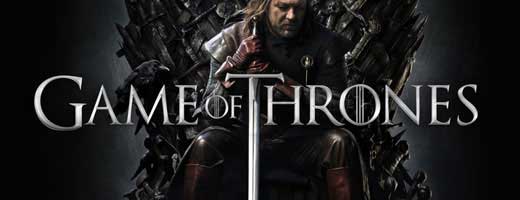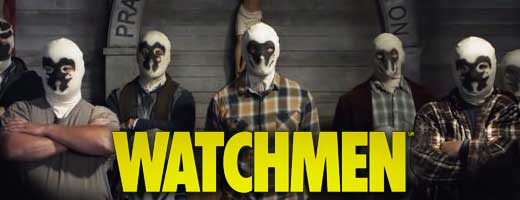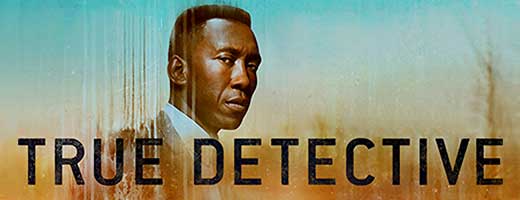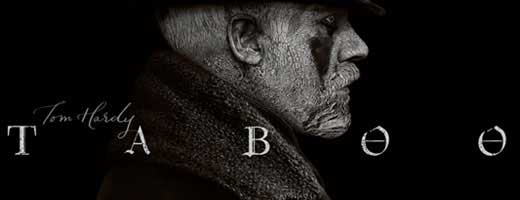The Origin of The Looking Glass

Have a Theory? Share It Now!
I want to talk (as per usual this season) about the episode title, but first, I have to say that my favorite Easter egg was this week with the comic book Knot Tops with the Top Knots that Wade approaches with his pamphlets. I knew immediately that things would not go well for our baby Looking Glass.
That being said, let’s chat about this week’s title, “Little Fear of Lightening” that comes from a novel by Jules Verne. I think it is perfect to include a title inspired by one of the science fiction greats in a week where the biggest bad is influenced by another sci-fi giant, Lovecraft. The title, though, comes from the Verne book, In Search of the Castaways. Published in 1867, Castaways tells the story about a group of people looking for the lost Captain Grant who was captaining the ship Britannia, when it was shipwrecked. Grant throws a bottle into the ocean that is found and begins the story’s tale. The title comes from the following line in the novel:
“Our weapons, which were noiseless, were not likely to have any great effect on these natives, who only respect noisy firearms. If there were no thunder, men would have little fear of lightning-although the danger is in the lightning, not in the thunder.” The fear of what is to come after the flash is a direct description of Wade (and others like him) who fear the unknown, the coming, the unheard. That is why the lightning is to be feared, more than the thunder. Once the event has happened and the shot sounded, the danger is over. It is the fear of the sound at all that causes the most anxiety, as the greatest danger is not knowing when the sounding will happen again. The quote also talks about a conditioning that occurs when you train people to fear, and the power experienced by those who do the training. Veidt understood that he could control the world powers by bringing them in line through the delivery of a common enemy, a common cause. We see this play out in our own society. Take 9/11, for example. When it happened, all of a sudden, all of America came together. We got along. We were patriotic. We hung flags never flung before. We were Americans, and that meant we feared being attacked again. That scar of watching those towers fall bound us together. It is why Bush was elected again in 2004. It is why we allow things like the Patriot Act to pass, when in other times, we would have fought hard against such legislation, as well as stood by as a new war began. The fear took over our logic. We were conditioned to believe in an enemy that was abstract in nature and represented by the face of Bin Laden. Now, the biggest difference is that the terrorists were the enemy on 9/11. They did kill all those people, but the fear and the use of the fear is the same as the squid in our show. The final connection I’ll make for this week is in the same novel from where our episode title stems. In the book, there is a character named Ayrton who tried to take the ship in question by mutiny. Once he is found, he is made a prisoner and left on a deserted island to “live among beasts and regain his humanity.” If this isn’t a direct trade for Veidt and his banishment, I don’t know what is… Great episode. I’m looking forward to next week’s, as well. And I can’t believe we are over halfway done. I hope it doesn’t disappoint in its last four or in its conclusion. -Ash
Subscribe Now
- Android: https://shatontv.com/watchmen-android
- Apple/iTunes: https://shatontv.com/watchmen-itunes
Help Support the Podcast
- Support with Paypal – https://shatontv.com/paypal
- Support With Venmo – https://venmo.com/ShatPodcasts
- Shop / Merchandise: https://shatontv.com/shop
- Shop Amazon With Our Affiliate Link – https://www.amazon.com/?tag=shatmovies-20
- Sponsor’s Listener Survey – https://shatontv.com/survey
- Leave an iTunes Review – https://shatontv.com/watchmen-review
- Leave a Voicemail – (914) 719-SHAT – (914) 719-7428
- Feeds & Social Media – https://shatontv.com/subscribe-and-follow/
- Listen to our Movie Podcast – http://shatthemovies.com
- Theme Song – “Game Over” – Magic In The Other






